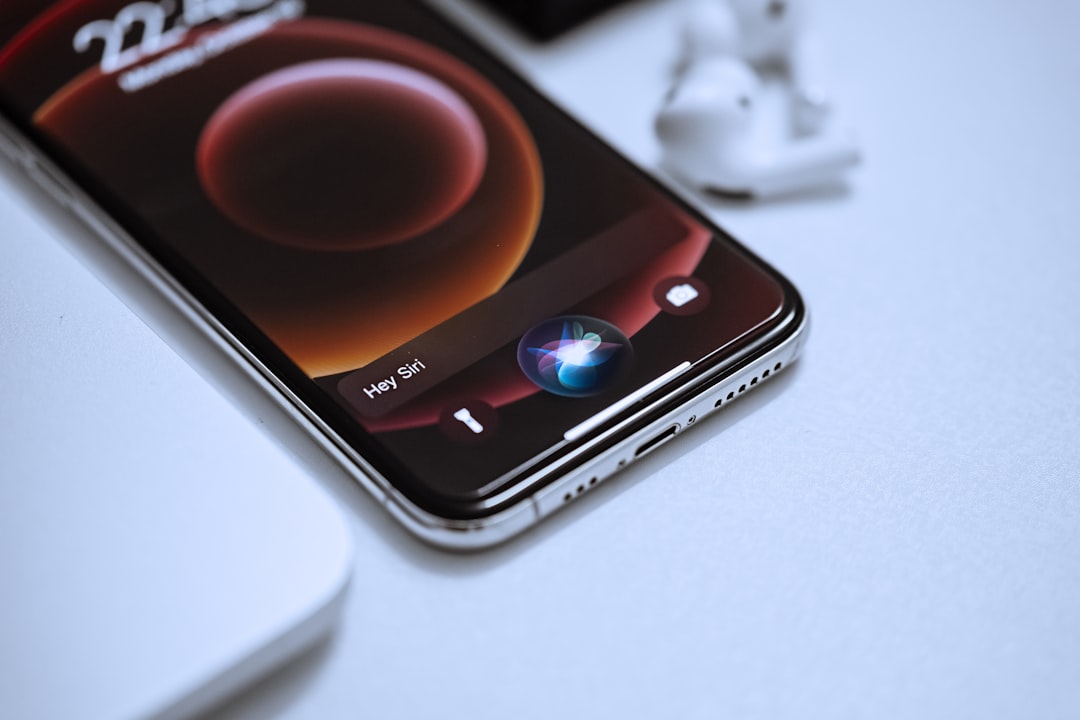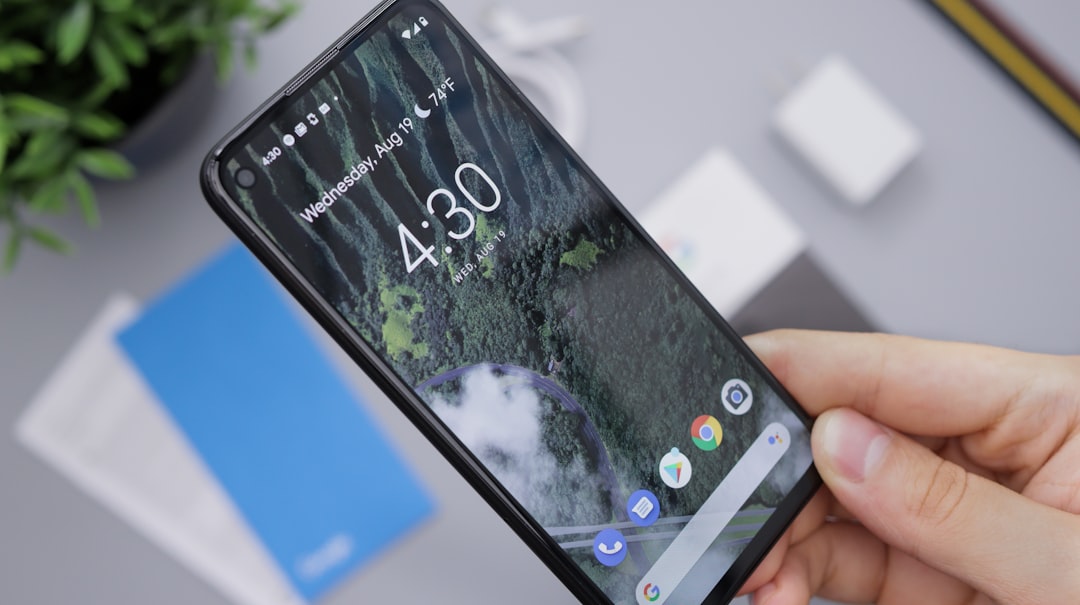South Carolina's robocall laws, governed by state and federal regulations, are evolving to protect consumers from abusive automated calls. Businesses in Charleston face stricter do-not-call rules, consent requirements, and caller ID mandates in 2024. Consulting a Robocall Lawyer South Carolina is crucial for compliance, avoiding legal risks, and navigating this dynamic landscape.
In the age of digital communication, robocalls have become a ubiquitous yet often unwanted nuisance. As Charleston, South Carolina, like many urban centers, grapples with the surge in automated calls, the legal landscape is set for significant shifts in 2024. This article explores the current state of robocall laws in South Carolina, common types of calls and their legal implications, and predicts upcoming regulations. Additionally, it offers businesses guidance on navigating future legislation, providing valuable insights from a robocall lawyer’s perspective.
Current State of Robocall Laws in South Carolina

In South Carolina, the current landscape regarding robocall legislation is a mix of state and federal regulations. The South Carolina Attorney General’s Office actively enforces laws against deceptive phone calls, including robocalls, under the state’s Telemarketing Act. This act prohibits unsolicited telemarketing calls unless the caller has obtained prior express consent from the recipient. However, with the rise of automated technology, these rules are being challenged and updated.
Robocall lawyer South Carolina experts anticipate further changes as consumer complaints continue to surge. The Telephone Consumer Protection Act (TCPA) at the federal level provides additional safeguards against unwanted calls, allowing consumers to file lawsuits against violators. As the laws evolve, a Robocall Lawyer South Carolina can offer guidance on navigating these complex regulations to ensure businesses comply and protect themselves from legal repercussions.
Common Types of Robocalls and Their Legal Impact

Robocalls, automated phone calls made en masse, have become a ubiquitous and often unwanted part of daily life in Charleston and across the nation. While many robocalls promote legitimate services or products, some fall into gray areas, leading to legal complications. Common types include marketing calls from telemarketers, debt collection efforts, political campaign outreach, and even scam artists attempting to steal personal information.
The legal impact of these calls varies significantly. Many states, including South Carolina, have enacted legislation to curb abusive robocall practices. A robocall lawyer in South Carolina can guide individuals on their rights and potential courses of action against violators. Laws may restrict the use of automated dialing systems without prior consent, mandate clear identification of the caller, and limit calls to certain hours, protecting consumers from harassing or deceptive practices. Violations can result in significant fines for businesses and legal repercussions for individuals engaging in fraudulent robocall activities.
Predicted Changes: New Regulations for 2024

In the coming year, 2024, South Carolina is poised for significant changes in robocall legislation. With the increasing prevalence of automated calls, both legitimate and fraudulent, state legislators are set to introduce stricter regulations aimed at protecting consumers. One anticipated change includes enhanced do-not-call listings, making it easier for residents to opt out of unwanted calls. Additionally, there might be new requirements for call identifiers, ensuring transparency and accountability from robocallers.
A Robocall Lawyer in South Carolina will find these updates particularly relevant as they strive to assist clients in navigating this evolving legal landscape. The changes reflect a broader national trend to curb nuisance calls, with technology playing a pivotal role in both identification and enforcement of these new standards. As the regulations take effect, businesses and consumers alike will need to adapt to ensure compliance, fostering a fairer and less disruptive communication environment.
Navigating Future Robocall Legislation: Tips for Businesses

Navigating future robocall legislation requires businesses in Charleston, South Carolina, to stay informed and proactive. With stricter regulations on the horizon, understanding the legal implications of automated telephone marketing is crucial. Engaging the services of a Robocall Lawyer South Carolina can provide invaluable guidance in ensuring compliance and minimizing risks associated with these laws.
Businesses should implement robust do-not-call policies and obtain explicit consent for marketing calls. Investing in advanced call tracking systems and caller ID technologies can help identify and block unauthorized robocalls. Additionally, training staff on proper call handling procedures and consumer privacy rights will contribute to a more compliant business practice.






